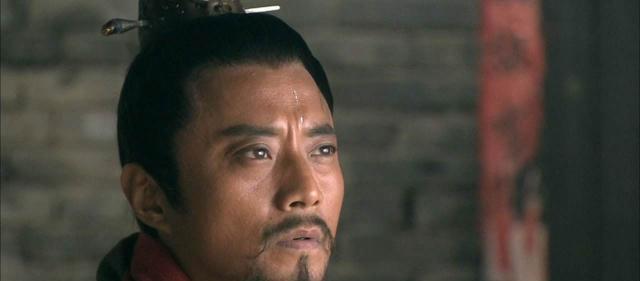At any stage of human society, there needs to be a certain means of punishment to punish those who commit crimes. And what the means of punishment are, and the severity of the punishment, has varied from dynasty to dynasty and from country to country.
Humiliating punishment was one of the common forms of torture in ancient China. The purpose of this type of punishment is not to inflict physical suffering on the prisoner, but to inflict intense mental torture.
For example, the more common ink punishment. This method of torture is to stab or cut through the skin of the prisoner and inject ink. After a person is subjected to ink torture, he carries words representing crimes on his face or forehead all the time, and he will be spurned everywhere he goes. Song Jiang in "Water Margin", although he became the boss of one hundred and eight generals, the scenery was extremely beautiful, but once he thought that he still had a tattoo on his face, he was depressed. It can be seen that the effect of this kind of punishment is obvious.

Song Jiang stills
"Skin on the body, by the parents"
The kind of torture I want to talk about today is not painful, but it can make people feel ashamed, which is "torture.".
The so-called "hair" is the meaning of cutting hair. There are "capital crimes" and "criminal crimes" in the Qin Law, and "punishment" is one of the "criminal crimes". The "Sleeping Tiger Di Qin Tomb Bamboo Jane" has explicitly mentioned "hair". According to records, people whose hair and beards were cut or plucked were considered criminals by the state. From this, we can glimpse the concept of the re-issuance of whiskers by the ancients.
Into a soup portrait
The ancient Chinese paid great attention to protecting their hair. In the eyes of people in ancient times, hair has a strong mysterious color and symbolic significance. Ru Chengtang sacrificed himself - "cut his hair and broken his claws, and take himself as an animal." It can be seen that hair was considered by people at that time to be the essence of the human body.
The concept of valuing hair whiskers continued to evolve, eventually being absorbed into their own ideas by Confucianism and gradually becoming the basic concept of the people. As the saying goes, "the skin of the body is received by the parents", people at that time regarded the preservation and inheritance of the body skin of the parents as a major event, and it was a shame that it could not be preserved. For example, Cao Cao, who we are all familiar with, once "cut his hair" to "replace the head".
Cao Cao stills
What are the implementation standards for "punishment"?
So, how much hair does the inmate of the "skull- and-blood" need to be shaved off? Will it be bald?
According to the records in historical materials such as "On Corporal Punishment", in ancient times, "punishment" was to break long hair into short hair, and its length was generally about three inches. Some scholars have also put forward different opinions, such as Mr. Gu Jiegang, a historian, who believes that "punishment" is to shave all the hair of prisoners.
In the author's opinion, these statements are all reasonable, and it is very likely that the requirements of "punishment" have evolved continuously in the course of historical development. In other words, "punishment" has different implementation standards in different periods.
So, how much does the "punishment" really weigh? This punishment does not seem to be painful or itchy, but Sima Qian believes in the "Book of Baoren An" that although the "punishment of hair" is a relatively light corporal punishment, it is heavier than the "flogging punishment" (one of the five ancient punishments, torturing the prisoner's buttocks, back and thighs with a board).
Stills of Sima Qian
During the Qin and Han dynasties, people who committed the crime of "fleeing" were subjected to "calvary", and in the eyes of people at that time, the forced cutting of hair would affect health and even life. This kind of punishment obviously not only has the effect of insulting, but also makes people feel uneasy and afraid, and indirectly plays a role in reducing the life expectancy of prisoners.
Related to "punishment", there is also "resistance to punishment". This punishment is the shaving of the man's beard. In the Book of Han and the Chronicle of Emperor Gao, it is recorded that "misdemeanors will not be defiled, but will be able to endure their sideburns." It is conceivable that this punishment is much lighter than the "punishment of the beard".
Stills of prisoners preparing to be tortured
The "punishment of the skull" has been passed down to the present, which has aroused people's thinking
Today, when special attention is paid to dignity and personality, such humiliating sentences as "punishment" and "resistance" still exist directly or indirectly in judicial practice.
For another example, the "new type of shameful punishment" such as the photos and information of relevant personnel privately published, disseminated and exposed by non-state organs looks "gentle" on the surface and has no harm, but in fact, in today's world, when people pay more and more attention to personal privacy, the harm and pressure caused by these acts are nothing less than the ancient "punishment".